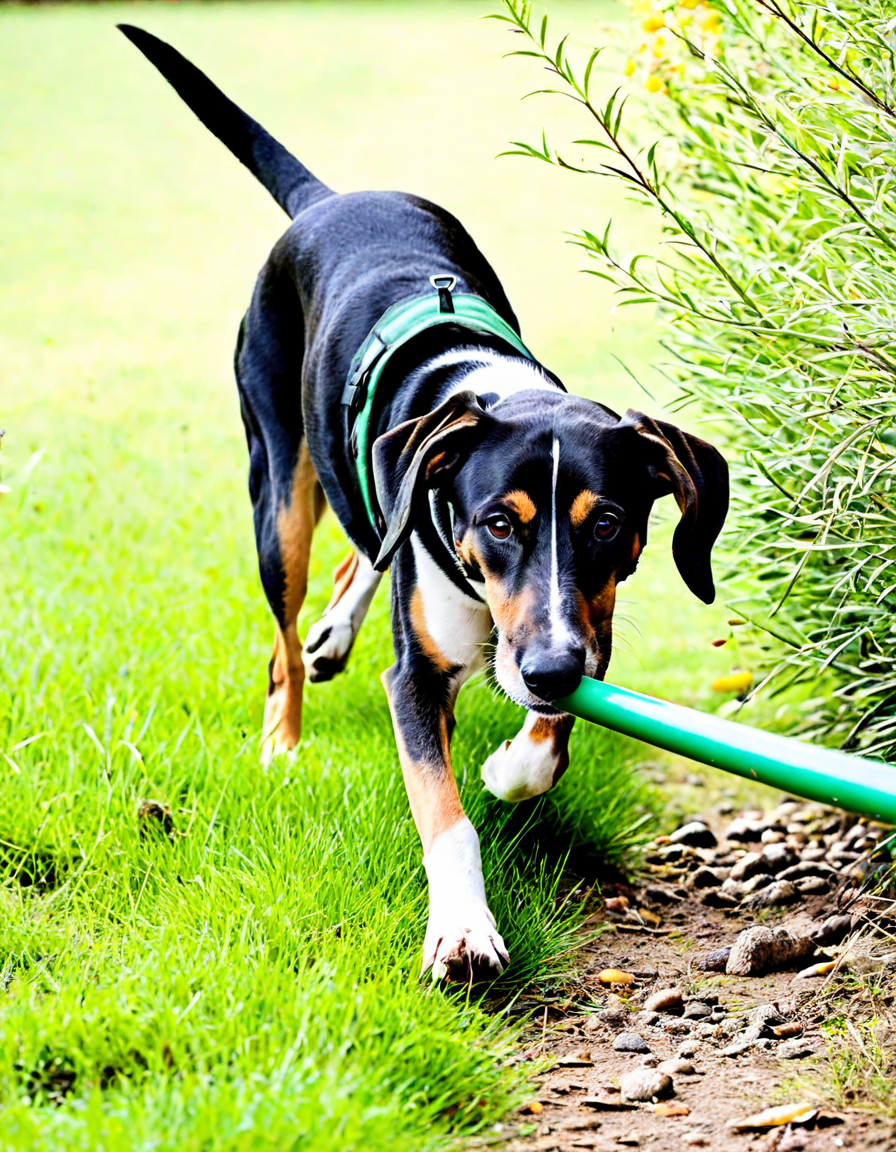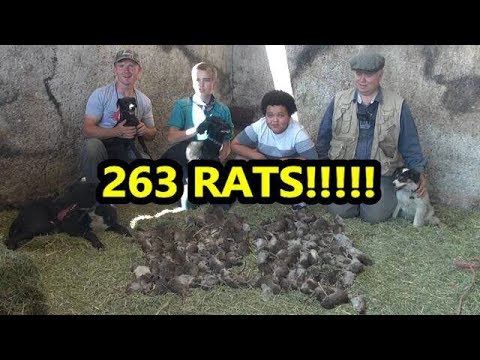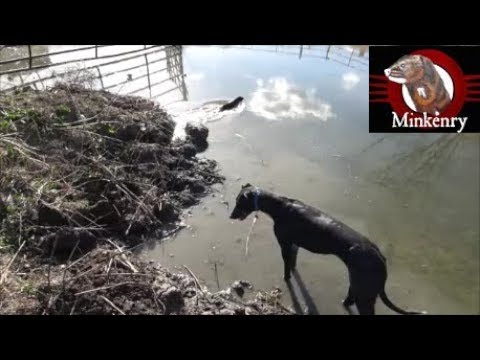Dogs have carved out a remarkable niche in our lives, evolving from hunting companions into beloved family pets. But did you know that dogs for pest control can also excel in helping us manage pesky critters around our homes and properties? Their remarkable sensory capabilities, acute instincts, and trainable nature position them as some of the best allies for tackling unwanted pests like rodents, insects, and even larger wildlife. In this article, we’ll dive deep into the role of dogs in pest control, the best breeds suited for the job, and essential tips to keep in mind as you consider utilizing these fantastic animals as pest management partners.
Understanding the Role of Dogs in Pest Control
From farms to urban backyards, dogs have long been cherished for their ability to hunt and control pest populations. Their powerful sense of smell, estimated to be 10,000 to 100,000 times more acute than that of humans, allows them to detect pests that we might never notice. This makes pest control dogs incredibly efficient in identifying issues before they spiral out of hand.
Furthermore, dogs can be trained to respond to specific commands, making them adaptable to various pest control tasks. Unlike traps and poisons—which can pose risks to kids, pets, and the environment—dogs can be a more humane and natural alternative. Whether it’s catching a rodent or detecting invasive insects, dogs exhibit a natural ability to reduce pest populations effectively. Their strong instincts and eagerness to please their owners mean they can be trained in ways that best suit your unique pest control needs.
While their instincts are important, selecting the right breed is crucial. Not all dogs have the same level of drive to hunt or the comfort level to roam freely in various environments. Some breeds are exceptionally suited for pest control, displaying a combination of intelligence, energy, and tenacity that makes them fantastic hunters.
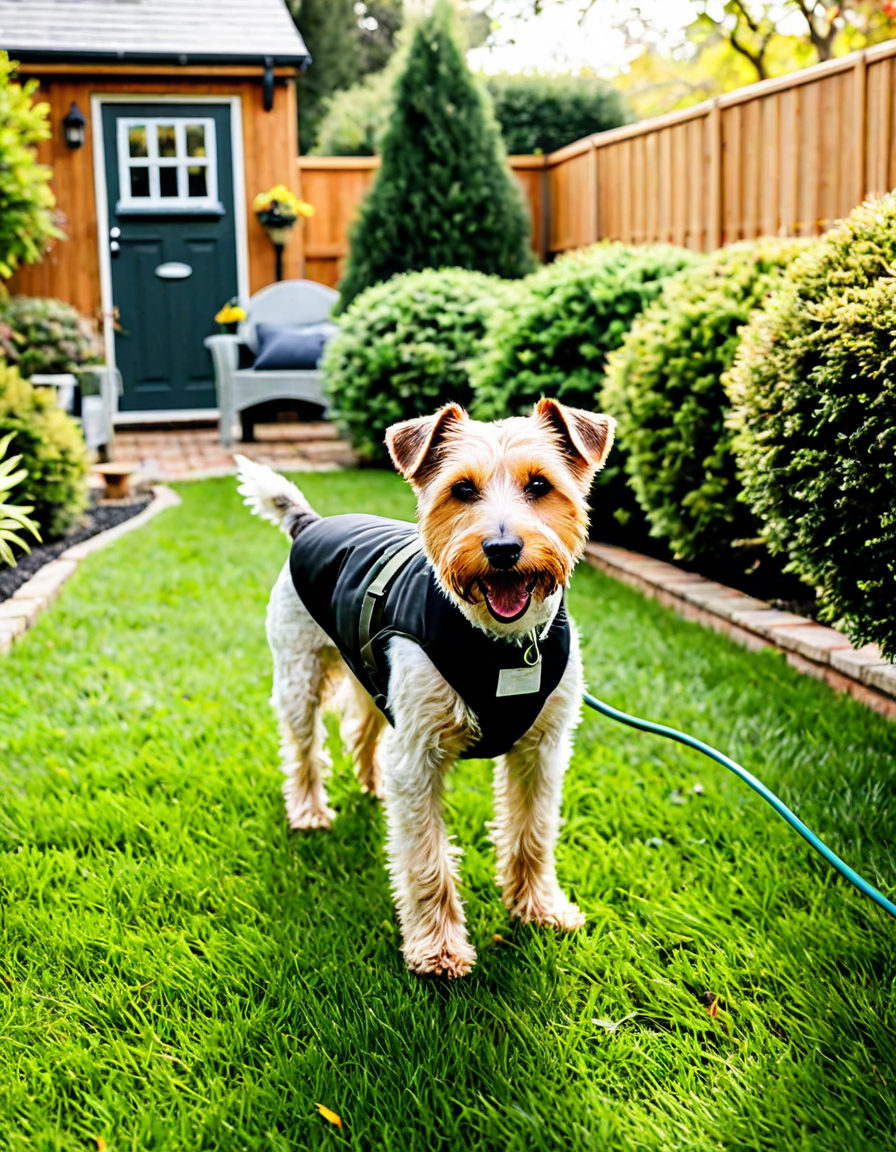
Top 5 dogs for pest control
When it comes to dogs for pest control, certain breeds shine bright. Here are five breeds that stand out for their pest-hunting prowess:
1. Rottweiler
Rottweilers are a powerhouse breed known for their strength and intelligence. Often used in various working roles, their versatility extends to pest control. A robust Rottweiler can cover larger areas effectively, responding well to training while maintaining a protective demeanor. To keep these hefty pups healthy and active for their pest control duties, you’ll want to provide them with recommended Rottweiler food that supports their muscular development. Brands like Royal Canin and Hill’s Science Diet offer specialized formulas perfect for sustaining their energy levels and overall health. They can thrive as amazing pest control partners with the right nutrition.
2. Jack Russell Terrier
Hold on! Don’t let their small stature fool you—Jack Russell Terriers pack a fierce punch when it comes to hunting. Known for their agility and instinctual prey drive, they excel at catching smaller pests like rats and mice. Their lively personalities make them highly trainable, allowing you to teach them commands specific to pest detection and removal. Their energetic nature means they’ll enjoy playing the pest-fighting games you put in front of them, all while keeping your property pest-free.
3. Beagle
Beagles are renowned for their exceptional sense of smell, making them ideal for detecting various pests, from rodents to insects. With a background in hunting, Beagles can sniff out trouble with precision, whether you’re looking at local parks or your own garden. Plus, they’re easily trainable for scent detection, making them a reliable pest control partner in various environments. Their friendly demeanor and strong work ethic can turn pest control into a rewarding experience for both owner and dog.
4. German Shepherd
German Shepherds are not just loyal companions; they also excel in pest control due to their keen sense of smell and strong physique. Known for their versatility, they’ve been used in many service roles, including police and military work. This adaptability also makes them useful for deterring larger pests, such as wild boars. A balanced diet is crucial for these hard-working dogs, and premium brands like Orijen and Blue Buffalo can help maintain their health, especially when engaging in intense physical activity.
5. Border Collie
Border Collies are the brainiacs of the dog world, renowned for their intelligence and energy levels. Though primarily used for herding livestock, their abilities translate well into pest control. Their agility and sharp instincts help manage pests effectively, particularly in rural settings like farms. With proper training and stimulation, a Border Collie can become a routine essential in keeping your property pest-free.
Training Tips for Pest Control Dogs
Training your dog for pest control is essential to harness their full potential. Start with basic obedience commands, laying down a foundation for more advanced skills. Commands like “sit,” “stay,” and “come” should be second nature to them before introducing pest-specific training.
Scent detection is a crucial aspect of pest control training. Use positive reinforcement techniques, such as treats or praise, to encourage desirable behaviors. If your Border Collie successfully detects a rodent, celebrate! Building their confidence in detecting signifies a successful partnership.
Gradually introduce your dog to various environments where they’ll encounter pests. Being exposed to different settings—whether urban alleyways or rural fields—helps them adapt and learn effectively. Make the process fun and rewarding! Engaging their natural instincts will not only benefit your pest control needs but also strengthen the bond you share with your furry friend.
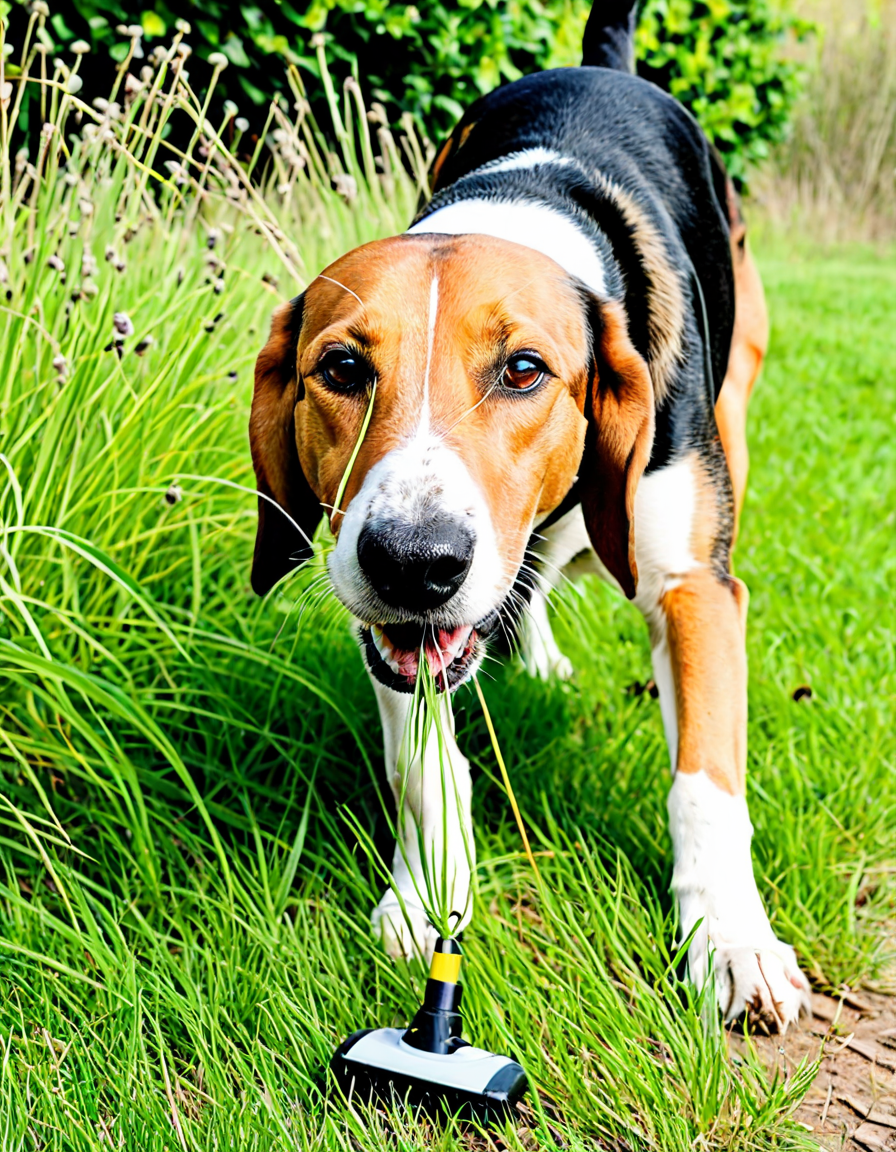
Flea and Tick Lawn Treatment: Enhancing Dog Safety
While dogs can be amazing at controlling pests, their safety is a priority when it comes to external threats like fleas and ticks. Implementing a proper flea and tick lawn treatment regimen helps keep them healthy while they patrol your yard.
Consider using natural pest control solutions, such as diatomaceous earth, which can eliminate fleas in your yard without the need for harsh chemicals. This powdery substance is safe for pets and humans, making it an excellent alternative to traditional pesticides.
Additionally, you can look into commercial treatments, such as Wondercide, which offers a plant-based option to repel ticks and fleas. This allows your dog to roam freely without the risk of harmful side effects often associated with chemical treatments. Keeping your pest control dogs safe while they work is essential to fostering a happy and healthy life overall.
Implementing Dog Pest Control in Urban and Rural Areas
Applying dog pest control techniques can vary between urban and rural settings. In urban settings, dogs can assist in managing rodent populations in alleys, parks, and even homes. Their natural instincts make them excellent partners for tackling smaller pests in crowded places. For instance, a Jack Russell Terrier can be an effective deterrent against common city nuisances such as rats.
In rural areas, the scope expands significantly. Dogs can help protect crops from larger pests, such as deer and wild boars, by patrolling fields and deterring intruders. Training and socializing them to work in these environments could be beneficial. You’d want them to be comfortable with the sounds and sights of the countryside while staying focused on their pest control duties.
Understanding the surroundings where your dog will be working is crucial. Tailoring your pest control approach based on whether you’re in a bustling city or a peaceful farm can yield more effective results, enhancing your strategy’s efficiency in keeping pests at bay.
Unique Success Stories: Dogs Making a Difference in Pest Control
Many organizations and individuals have realized the benefits of integrating dogs into pest control practices. One notable example is Paw Pals, a California-based initiative that utilizes trained Beagles for agricultural pest detection. Their focus on minimizing crop loss showcases how effective dogs can help maintain sustainable farming practices with minimal environmental impact.
Similarly, the organization K9s for Conservation employs specially trained dogs to locate invasive species threatening local ecosystems. Their work helps protect native wildlife while highlighting the powerful impact dogs can have in pest control. These success stories illustrate how effective and environmentally friendly employing these canines for pest management can be.
Innovative Wrap-Up: Harnessing Nature’s Best for a Pest-Free Life
Incorporating dogs into pest control strategies offers a savvy, eco-friendly, and effective method to manage pest populations. Their natural instincts, along with appropriate training and care, can lead to a pest-free environment while ensuring the well-being of both pets and their human companions.
As pet owners increasingly recognize the versatile capabilities of dogs beyond companionship, the trend of integrating these fabulous furballs into pest control will continue to gain traction. With innovations in sustainable practices and enhanced training techniques, dogs for pest control not only keep our spaces free from pests but contribute to a safer, healthier ecosystem. So, let’s give a bark to our canine companions for making the world a cleaner and safer place—one tail wag at a time!
dogs for pest control: Amazing Natural Hunters
The Evolution of Canine Pest Control
Did you know that dogs have been helping humans with pest control for centuries? From ancient days when they chased vermin out of homes and fields to modern times as professional pest controllers, these furry companions have a knack for hunting pests. Breeds like terriers were initially bred for this purpose. It certainly brings to mind the ongoing debate of bulldog vs french bulldog – both might look cute, but their instincts vary! These dogs are born hunters and fit into the pest control world perfectly.
Hunting Styles and Skills
When it comes to hunting rodents or insects, dogs are quite the professionals. Their keen sense of smell makes them excellent at detecting pests that humans might overlook. Interestingly enough, this skill draws parallels to the science behind active ingredients in Frontline for cats, which is essential in pest management for our feline friends too. While dogs tackle the outdoor pests, certain circumstances call for a unique blend of skills that bind animals of all kinds together. Like the many foods high in taurine vital for a cat’s health, the nutrition dogs receive directly impacts their hunting abilities.
Surprising Facts About Dogs’ Pest Control Prowess
Here’s a fun tidbit: did you know that different dog breeds show varying levels of pest-detecting prowess? For instance, smaller breeds are often better at locating hidden pests, while larger ones handle outdoor duties. If you’ve ever seen a Rottweiler working, you might wonder How long can Rottweilers live when they’re doing what they love. Combining that natural energy with pest control duties creates a win-win situation for the pooch and their owner! With trained hunting instincts, these four-legged friends also bring joy during downtime, which just might explain why people sometimes find their pets to be great companions in dealing with life’s stressors — just like having a friend for those moments of fidgets during a tedious day.
So, the next time you think about pest control, remember that dogs are more than just cute companions. They can be amazing partners in keeping your space pest-free, naturally driven by instincts that went to work eons ago. And as we continue appreciating our canine counterparts, who knows what other astonishing facts we’ll uncover about their surprising capabilities in pest management?
